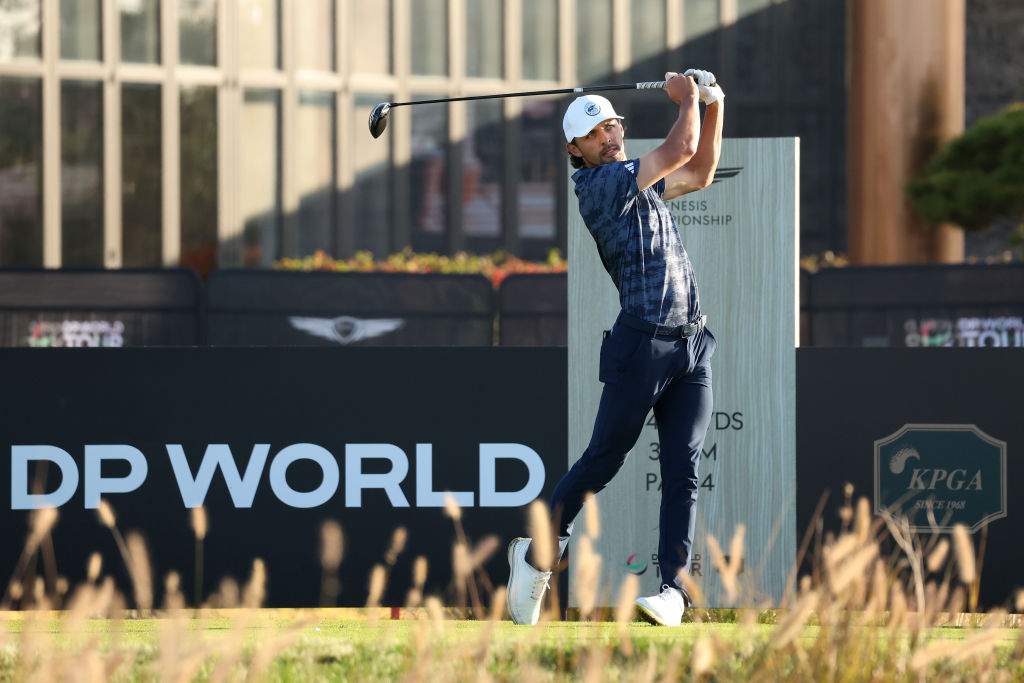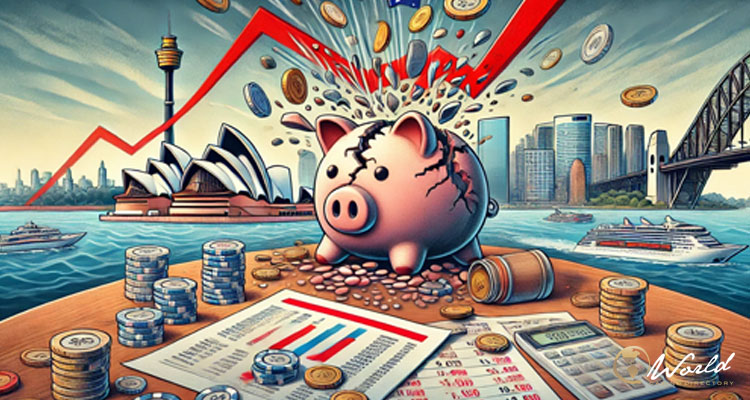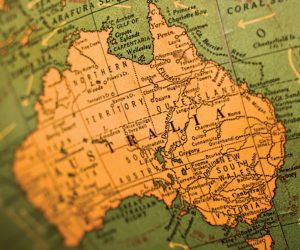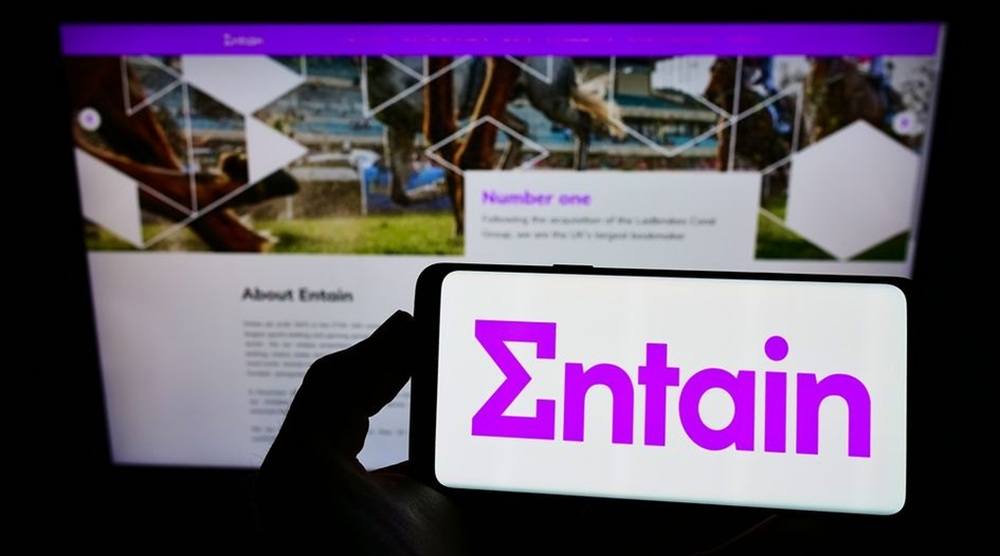Labor slammed by own MP for giving gambling ad industry headstart on legislation

- by Admin
- August 18, 2024
Supporters of a full ban on gambling advertising have until this week to make their case, as a Labor backbencher slams the government for gifting gambling, sporting and TV lobbyists a multi-week head start to campaign for weaker limits.
“It’s disgusting,” said Mike Freelander, the chairman of a parliamentary committee on health policy, who is calling for an end to TV and social media advertisements by gambling companies.
“All the industry was briefed long before caucus was,” he said of changes that would fall short of a complete gambling ad ban, as was recommended by an inquiry headed by late Labor MP Peta Murphy more than a year ago.
Dr Freelander said the Sydney Morning Herald reported “two weeks ago almost word-for-word what the proposals are”.
Despite days of MPs being cautioned by Prime Minister Anthony Albanese against taking all the reported proposals as gospel, communications department officials on Friday confirmed in a briefing to a small group including the Alliance for Gambling reform that the changes were as described.
“That’s pretty bad form, whereas everyone else has been told it’s secret and you can’t talk about it,” said Dr Freelander.
Communications Minister Michelle Rowland is understood to have the strong backing of Mr Albanese for making changes that would include limiting gambling advertising to two spots per hour, banning it during games, and limiting it during other programming specifically aimed at children.
The proposals, which are yet to be officially revealed to voters by the government, were also lauded last week by cabinet minister Bill Shorten as a sensible compromise that would avoid unintended consequences such as cutting revenue to TV stations that serve regional markets.
The plan – which has not yet been to cabinet but may yet be raised in this week’s Caucus meeting – is regarded as inadequate by Dr Freelander and addiction experts who say a full ban is the only way to protect children and young people from harmful gambling.
“We’re being softened up and pummelled by the gambling industry,” Dr Freelander told the ABC on Sunday.
“The ministers who are talking are just repeating the language of the gambling lobbyists.”
The hard-hitting remarks are set to further stoke a debate that is putting Mr Albanese on a collision course between a significant group of the caucus as well as major commercial TV networks and giant sporting codes led by the NRL and AFL in the lead-up to a federal election.
Loading…
On Monday morning, Mr Albanese told the ABC’s AM he had “every respect” for Dr Freelander but his assessment was “not right”.
“It’s not the first time he’s gone public with various comments that he has. We have done more in our first two years on gambling than previous governments.”
He listed the introduction of the national self-exclusion register BetStop, for which he said 20,000 people had signed up, and other measures, including banning the use of credit cards for online gambling and updating the anti-gambling messages at the end of ads.
“We are a political party with members who are very passionate about ideas, I’ve got no issue with that … We will make a difference. The status quo is just completely unacceptable.
“What we’re doing is making sure we get these reforms right … We don’t just take a position and ram it through; we consult with stakeholders. That’s a good thing.”
Dr Freelander’s remarks came hours after National Party leader David Littleproud appeared to offer support for a more aggressive policy, telling ABC Insiders that gambling adverts and betting odds shoved “down my kids’ throat” were “offensive”.
“I’m not a wowser. I enjoy a flutter, but I’ll introduce gambling to my kids when I’m ready, not because I want to watch football.”
“I think there is an opportunity for a bipartisan approach here to get this right, but the community is clearly telling us we’ve got to do something and we’ve got to do something soon.”
Campaigner Tim Costello said he and a small group were given a “farcical” briefing by Communications Minister Michele Rowland’s department late last week that was given weeks ago to wagering companies and sporting codes.
He said they were told by apologetic officials that the leaking of the proposed changes meant there would be less time for consultation than was first imagined.
Mr Costello said he got “confirmation” at the meeting that gambling ads would be permitted during popular “family friendly” shows like MasterChef and Googlebox.
There was also no evidence provided to link the issue of a gambling ban with the need to save free-to-air media, he added.
“The department admitted they are unhappy that these reforms are being dressed up as necessary to save free-to-air media,” he said.
“It’s got nothing to do with that. This is a health issue. We’re aiming to stop sport being captured by gambling ads and normalising gambling for children.”
Mr Costello accused the government of “putting the finger on the scales” with its consultations in favour of the gambling industry.
A spokesperson for the department disputed Mr Costello’s characterisation of the meeting, saying it was “false and misleading”.
“[We have] attended briefings with a range of stakeholders, including gambling harm reduction advocates and academics, held by Minister Rowland’s office,” they said.
“The department attended these meetings to provide technical advice. It is inaccurate to claim that the department provided an opinion, or political commentary, on the proposed reforms.”
The Latest News
-
December 23, 2024Wimbledon champion accepts ban for anti-doping breach just months after winning US Open
-
December 23, 2024Australian tennis star Purcell takes voluntary suspension over anti-doping breach
-
December 23, 2024Max Purcell to miss Australian Open after accepting ban for anti-doping breach
-
December 23, 2024Australian tennis star Purcell provisionally suspended for doping
-
December 23, 2024Star batter misses optional Aussie session; MCG curator rejects anti-India ‘conspiracy’ — Test Daily





